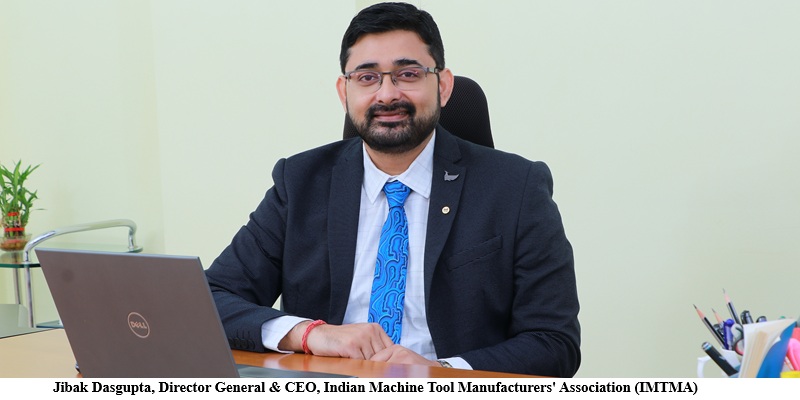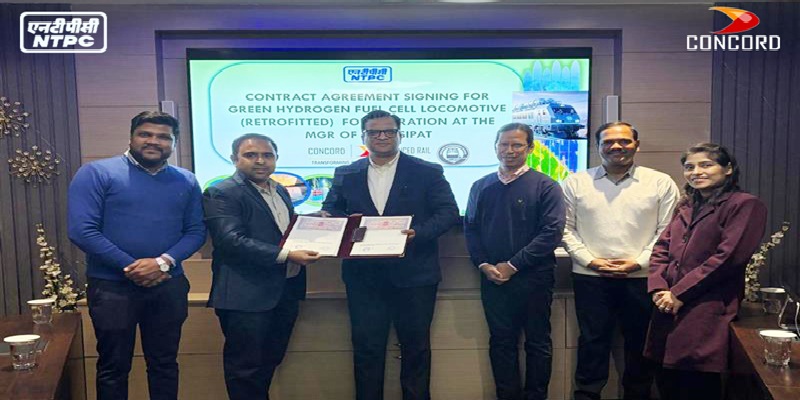Schedule a Call Back
Decoding the attempt of a liquidity boost to MSEs
 Articles
Articles- Mar 30,24

Micro, Small and Medium Enterprises (MSMEs) play a major role, particularly in rural and underdeveloped areas in contributing to job creation and economic development. MSMEs have moved up the value chain, from manufacturing simple goods to now, producing sophisticated products and providing a wide range of services. They have been the backbone to ‘Make in India’ and ‘Atmanirbhar Bharat’ initiatives.
Background
To highlight the significance of MSME in our economy, Finance Minister Nirmala Sitharaman also addressed the sector in her interim budget speech stating it as priority for the Government to ensure timely and adequate finances, relevant technologies and appropriate training for the Micro, Small and Medium Enterprises (MSME) to grow and also compete globally. She further added that orienting the regulatory environment to facilitate their growth will be an important element of this mix.
The Indian Government has taken constant efforts and multiple measures to uplift MSMEs. Few of such instances include the amendment brought to the Companies Act, 2013 that required a separate disclosure in the Financial Statements specifically for dues outstanding to MSMEs; introduction of MSME Samadhaan, Udyog Adhaar etc. With the same vision, certain amendments have been introduced through the Finance Act 2023 (FA 2023). These amendments aim to enhance financial liquidity for Micro and Small Enterprises (MSE) by indirectly compelling their customers to pay their dues on time.
What is the amendment?
Section 43B of the Income Tax Act, 1962 (the Act) provides for certain expenses to be allowed as deduction in computing the total income only on actual payment. Finance Act 2023 has amended the provisions of the Act to include payments to MSE vendors within the ambit of Section 43B through the insertion of clause (h) that specifically covers any sum payable by the taxpayer to a micro or small enterprise. The amendment is introduced to ensure timely payments to such enterprises within the deadline stipulated by the Micro, Small and Medium Enterprises Development (MSMED) Act, 2006. The expenses paid beyond the time limit specified under the MSMED Act, will be allowed as a deductible expense only upon their actual payment.
The clause stipulates that any sum owed to MSEs for goods supplied or services rendered may be deducted in the same year only if it is paid within the deadline stipulated by the MSMED Act, 2006.
Illustration: Let’s take a case where the date of invoice is March 2, 2024 and there is no agreement between the buyer and seller. There can be two scenarios of the actual payment date:
In case ‘a’, the expenditure will be allowed as a deduction in financial year (FY) 2023-24, whereas in case ‘b’, it will be allowed in FY 2024-25. Thus, a delay in payment beyond the financial year will directly reduce the allowable deduction for the taxpayer for that year, thus, penalising the taxpayer for a late payment.
The amendment will be effective from 1 April 2024 and thus, will apply to assessment year (‘AY’) 2024-25 and subsequent AYs. This implies that any expenses relating to such outstanding payments to MSEs in financial year 2023-24 will be ineligible for a deduction.
The government has been constantly receiving requests from varied industries to curb the time limit gradually. However, there are no indications of any such updates or relief by the government.
How do you identify an MSE?
One of the key concerns of the industry is identification of MSEs, in absence of definition of the same under the Act.
Section 7 of MSMED Act read with Notification No. F. No. 2/1(5) /2019- P&G/Policy (Pt-IV) dated 1 June 2020 issued by the Ministry of Micro, Small and Medium Enterprises prescribes the following thresholds for categorising the MSMEs (Table 1).
Table 1: Criteria for categorising MSMEs
Thus, any business engaged in the manufacture or production of goods, or engaged in providing or rendering of any service or services will qualify as an MSME only if the business meets the above plant and machinery and turnover conditions. For instance, if a medium enterprise with an investment in plant and machinery of Rs 44 crore clocks an annual turnover of Rs 265 crore, the enterprise would no more be classified as an MSME. An important point to note here is that any export turnover generated by the enterprise would not be included in the annual turnover limit, thus providing a slight relief.
MSMEs today have an option to get registered via an online process established by the Indian government. The primary objective of this is to provide a streamlined process for MSMEs to avail various incentives offered by the government. But currently, there is no clarity on whether an MSE needs to have such a registration to fall under provisions of section 43B(h) or just needs to meet the threshold.
Impact of missed timelines as per MSMED Act
Section 15 of the MSMED Act specifies (see Figure 1) that in case of a written agreement specifying payment terms, the payment has to be done within the time agreed in the agreement. This timeline, however, cannot exceed 45 days from the day of acceptance / deemed acceptance of goods / services. In case there is no written agreement, the payment is to be done within 15 days.
Figure 1: Specification of section 15 of the MSMED Act
In cases where the timelines for release of payments to MSE vendors are not adhered to, the expenditure linked to such payments will be disallowed via clause (h) of Section 43B. This will increase the taxable income of the taxpayer, leading to a higher income liability for that year.
It may be noted that under the MSMED Act, in cases where the payment is not made within specified 15 days or the agreed period up to a maximum of 45 days, interest is payable at 3 times the rate notified by RBI. Further, this interest is not allowed as a deductible expense for computing the taxable income under section 37 of the Act. Thus, the amendment brought in by FA 2023, is over and above the current provisions under various laws, to boost the liquidity.
Amendment: A boon or bane to the Industry?
The general credit terms in industry, particularly the MSE sector is around 90 to 120 days. The attempt to slash this down to 15/45 days has sent a big jolt to the industry. While the bigger players may be able to adhere to these conditions, the smaller market players with less liquidity and access to cheap finance have found themselves in a very difficult situation as they themselves do not receive the payment from their vendors in time. This would lead to a very stressful working capital management to the CFOs of such firms.
This amendment comes up like a double-edged sword: The benefit, of course, is that MSE entrepreneurs have a better liquid position through the release of sticky working capital. This will directly help in catering to higher demands and generating better top-lines. The downside would be that many medium and smaller players are not in a position to adhere to the timelines and are looking at huge disallowances in their tax computations, resulting in higher tax outflow.
There are mixed views amongst the industry on the amendment with majority of them, specially the smaller players expecting a relief from the government in terms of either delay in implementation or update in the stringent timelines being suggested.
The reform is highly likely to cause a short-term discomfort or disruption, but in long run, the benefits of liquidity boost to ensure the welfare of all stakeholders are expected.
(Views expressed above are personal)
About the authors:
Aishwarya Jaju is a Senior (Tax and Regulatory), Indirect Tax, at Ernst and Young LLP India.
Rushabh Bhandari is a Manager (Global Compliance and Reporting), Direct Tax, at Ernst and Young LLP India.
Related Stories

SiMa.ai Partners Kaynes Semicon to Advance Physical AI Manufacturing in India
SiMa.ai has partnered with Kaynes Semicon to co-develop Make in India Physical AI systems and defence-focused AI solutions, accelerating adoption across industrial, automotive, aerospace and defence..
Read more
JK Tyre Inaugurates Phase III Expansion at Banmore PCR Plant
JK Tyre has commissioned Phase III expansion at its Banmore PCR facility in Madhya Pradesh, raising capacity to 30,000 tyres per day as part of Rs 10 billion multi-phase investment.
Read more
Garuda Aerospace Inaugurates Drone Battery Facility with DGCA Chief
Garuda Aerospace has inaugurated a drone battery manufacturing facility and a new academic block in Chennai, reinforcing its commitment to building a self-reliant and indigenous drone ecosystem in I..
Read more















